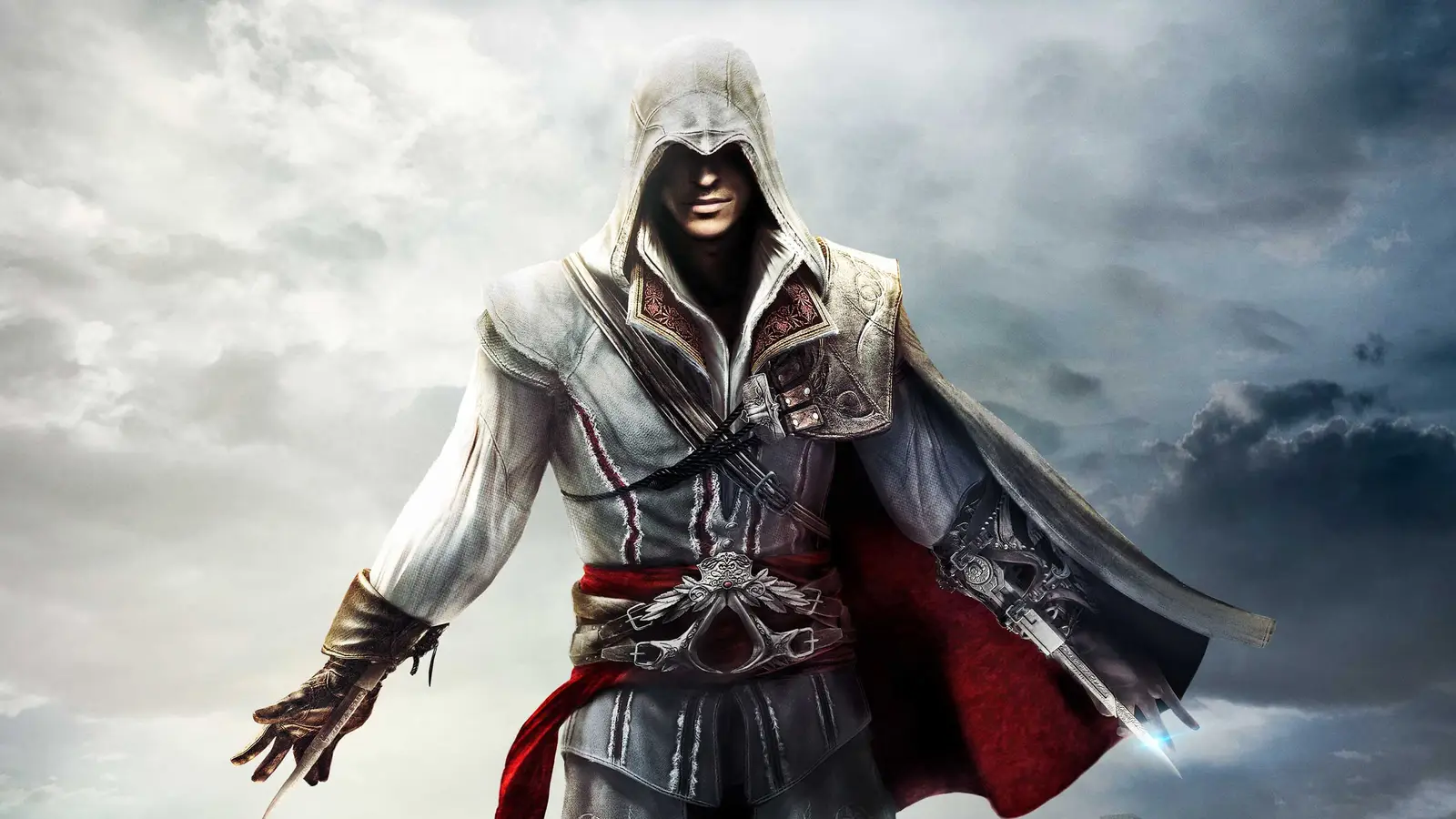
Ask anyone about the current state of Ubisoft, and the most optimistic answer you’ll get is probably a sigh. While flagship franchises like Assassin’s Creed have had their ups and downs, most fans won’t attest that they’re currently the best they’ve ever been. I’m actually fond of Assassin’s Creed Shadows and Mirage, but I’m not going to argue that either could go toe-to-toe with Assassin’s Creed 2.
Ask why Ubisoft has gone downhill, and you’ll get a lot of different answers. The simplest explanation is scale — after years of expanding its development resources and embracing huge open worlds, the soul of the games is harder to find. Some people might argue that the games have gotten too political, pointing to Assassin’s Creed Shadows’ controversial inclusion of the samurai Yasuke. If anything, though, the latest news suggests that Ubisoft has gotten cold feet about political issues, and that might be a much more legitimate problem.
Ubisoft Canceled A Reconstruction Era Assassin’s Creed
We All Know The KKK Are Templars
According to a report from Stephen Totilo, Ubisoft canceled a planned Assassin’s Creed game set in the Reconstruction period after the American Civil War. Like in Assassin’s Creed: Freedom Cry, the planned protagonist was a former slave. This time, the political climate of 19th-century America would have been front and center, dealing with issues like the rise of the Ku Klux Klan.
The game was still in planning stages, but Ubisoft reportedly brought the hammer down due to concern that the game was “too political in a country too unstable.” Separately, these ideas hold water — the game would have been political in nature, and the United States is currently in a period of political instability.
Together, however, they don’t amount to a solid reason. Slavery was a hot-button topic in the Reconstruction period, and the Ku Klux Klan had plenty of sympathizers. Those were 19th-century politics, though, and embarrassingly outdated even at the time. 150 years later, it shouldn’t be hard for everyone to agree on the heroes and villains of this story. You might as well shoot down Indiana Jones and the Great Circle for the political provocation of whacking Mussolini’s goons with frying pans.
That doesn’t necessarily mean the game would have been a good idea, because a lot of it lies in the execution. Assassin’s Creed is pulpy and over-the-top, and you don’t necessarily want to make light of the real tragedies that occurred in American history. If you want to make great Assassin’s Creed games, though, you have to be willing to rise to the challenge.
Assassin’s Creed’s Canceled Game Could Have Been A Hit
Successful Stories Have Taken Similar Risks
Even if it courted controversy, making a game where you assassinate KKK members wouldn’t have even been a risk. If anything, it’s a surefire formula for success. Look at Sinners, one of the biggest box office successes of the year, which featured a memorable scene of a similar nature. Red Dead Redemption 2 has received nearly universal praise as one of the greatest narrative games of all time, and its take on the Klan garnered plenty of positive attention.
Shying away from the Klan would have hurt both of these works, while committing to the inclusion of heavy topics ultimately struck a chord with audiences. Genre fiction is more than capable of making a statement, and the willingness to do so can turn good stories into great ones.
Assassin’s Creed Has Always Been Political
Ezio Wasn’t One For Following Rules
Assassin’s Creed has always dealt with charged historical topics. The first game took place in the Holy Land, and the second builds up to a fight with the Pope. Even Assassin’s Creed 3, which could have presented a fairly safe take on the American Revolution, was willing to dive into more challenging material in Connor’s backstory.
There’s room for great games that avoid provocation, and I wouldn’t expect Mario Kart to tackle the history of white supremacy. Assassin’s Creed shouldn’t be in that camp, though, and canceling a game for the crime of being too political feels like a retreat.
If Assassin’s Creed Shadows proved anything, it’s that Ubisoft was correct to fear some amount of backlash. While the story presented in Shadows is just as inaccurate as the franchise’s usual flights of fancy, the historical record legitimately suggests that Yasuke was one of Nobunaga’s retainers. The game makes some mistakes, like they all do, but getting hung up on that particular point never made sense.
Avoiding Controversy Will Make Assassin’s Creed Boring
The Winds Of Change Are Blowing The Wrong Way
Regardless of its approach, a game taking place after the American Civil War would invite criticism, some of which would likely represent valid concerns. This game would also be interesting, and it would probably be a lot more compelling than whatever Ubisoft is working on in its place. If the current political climate means that every narrative decision has to play it safe, the next Assassin won’t be able to do much more than twiddle their thumbs.
This is, I suppose, the world we live in. Giant corporations rarely stick to their guns when faced with any kind of pressure, and a lot of current pressure suggests that games should be devoid of any connection to the problems of the real world. Which, again, is fine for Mario, but it’s hard to argue that games can be art if they never touch on anything that could cause controversy.